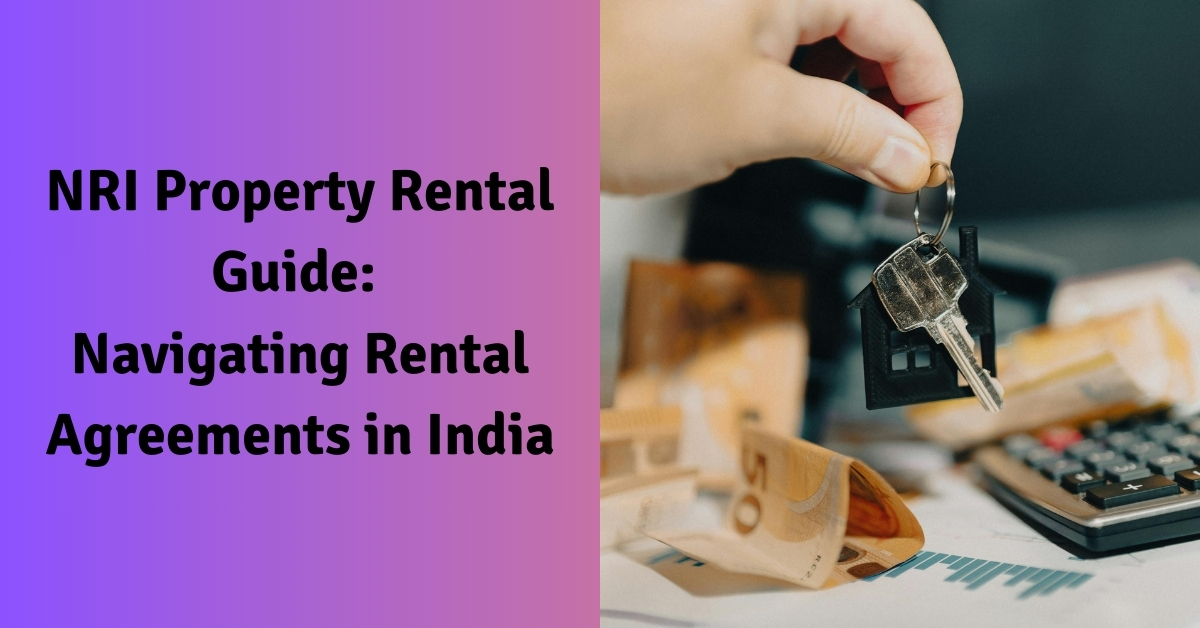NRI Property Rental Guide: Navigating Rental Agreements in India
Understanding the Rental Landscape for NRIs
For Non-Resident Indians (NRIs) who own property back home, renting out can be both an opportunity and a challenge. Navigating the complexities of rental agreements requires careful planning, legal understanding, and a strategic approach.
Join our exclusive NRI-only WhatsApp Community:
https://chat.whatsapp.com/EZARhvy3JkED1TF3qjL4Jy
What Makes a Robust Rental Agreement?
A comprehensive rental agreement is more than just a piece of paper – it’s a crucial document that protects both the landlord and tenant. A well-crafted agreement should include:
- Precise identification of the owner and tenant (using PAN and Aadhaar details)
- Comprehensive property description
- Clear rent amount, payment terms, and due dates
- Specific agreement tenure
- Payment modes and additional charges
- Security deposit terms
- Termination clauses
- Emergency request procedures
- Additional rules and regulations
Three Innovative Ways NRIs Can Execute Rental Agreements
1. Embracing Digital Solutions: Online Agreements
The Indian government has revolutionized the rental agreement process for NRIs by:
- Introducing digital signing capabilities
- Allowing email as a valid communication medium
- Eliminating the need for physical presence in India
This digital transformation breaks geographical barriers, making property management seamless for NRIs.
2. Leveraging Power of Attorney
For NRIs unable to be physically present, a power of attorney offers a robust solution:
- Transfers property management rights to a trusted representative
- Can be drafted through Indian embassies abroad
- Provides comprehensive property oversight
- Eliminates frequent travel requirements
3. Utilizing Local Property Management Services
Local real estate agents and management companies can:
- Handle agreement signings and notarization
- Manage document transmission via email or electronic media
- Facilitate the entire rental process remotely
Six Critical Considerations for NRI Rental Agreements
1. Comprehensive Agreement Understanding
Treat your rental agreement as a detailed rulebook. Consider professional legal consultation to ensure all aspects are thoroughly covered.
2. Detailed Property Documentation
Since you won’t be regularly visiting, meticulously document:
- Current property condition
- Included items and furnishings
- Photographic evidence at the time of letting out
3. Transparent Financial Terms
Clearly outline:
- Maintenance fees
- Security deposit details
- Damage responsibility
- Monthly rent payment mechanisms
4. Proactive Rent Adjustment Communication
Establish open dialogue about potential rent changes, considering:
- Market trends
- Property improvements
- Economic factors
5. Rigorous Tenant Verification
Invest time in thorough tenant background checks. Consider engaging a property management company to:
- Verify tenant credentials
- Ensure reliable tenant selection
- Minimize potential risks
6. Legal Compliance
For agreements exceeding eleven months:
- Mandatory registration is required
- Acts as official address proof
- Many states now offer online registration facilities
Conclusion
NRI property ownership doesn’t have to be complicated. By understanding these key principles, you can transform potential challenges into opportunities for stable, hassle-free rental income. Whether you are handling agreements digitally, through a representative, or with the support of local services, a clear strategy is essential.
Many NRIs also benefit from the expertise of financial consultant for NRIs in India who offer valuable insights on rental income management, tax efficiency, and long-term financial planning. Taking a structured approach ensures your property remains a valuable asset, no matter where in the world you reside.
FAQs
1. Can NRIs create rental agreements entirely online?
Ans- Yes, the Indian government now allows digital signatures and email-based rental agreements, making the process convenient for NRIs.
2. Is a power of attorney necessary for NRIs?
Ans- While not mandatory, a power of attorney is highly recommended for seamless property management when you cannot be physically present in India.
3. How long are typical rental agreements?
Ans- Most rental agreements are for 11 months, with options to renew. Agreements over 11 months require mandatory registration.
4. What documents are needed for an NRI rental agreement?
Ans- Key documents include property ownership proof, PAN card, Aadhaar card, and identification documents for both landlord and tenant.
5. Can NRIs use e-signature platforms?
Ans- Yes, platforms like Digi-sign and DocuSign are legally recognized in India for digital contract signing.
6. How can NRIs verify potential tenants?
Ans- Consider hiring local property management companies for comprehensive background checks and tenant verification.
7. What should be included in the property condition documentation?
Ans- Detailed written descriptions, comprehensive inventory lists, and photographic evidence of the property’s condition before tenant occupancy.
8. Are there specific tax implications for NRI rental income?
Ans- Rental income is taxable in India. Consult a tax professional to understand your specific tax obligations.
9. Can rental agreements be modified after signing?
Ans- Modifications require mutual consent and should be documented as an addendum to the original agreement.
10.How do NRIs handle maintenance and emergency repairs?
Ans- Utilize local property management services or designate a power of attorney to handle day-to-day property management and emergency situations.
Disclaimer: The information provided here is for educational and informational purposes only and should not be construed as financial, legal, or tax advice. Consult with a qualified professional before making any investment decisions. We do not accept any liability for errors or omissions in this information nor any direct, indirect, or consequential losses arising from its use.




